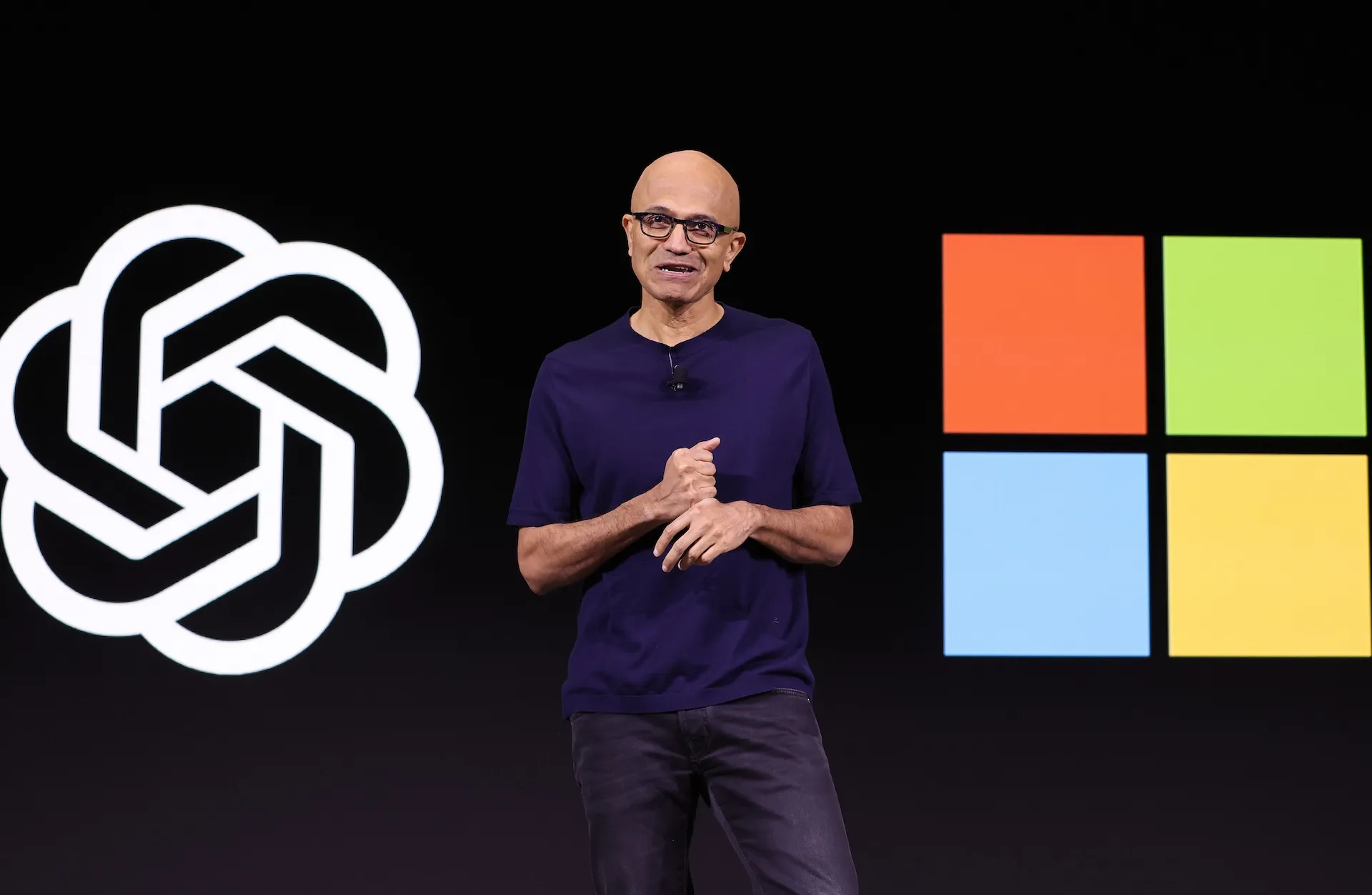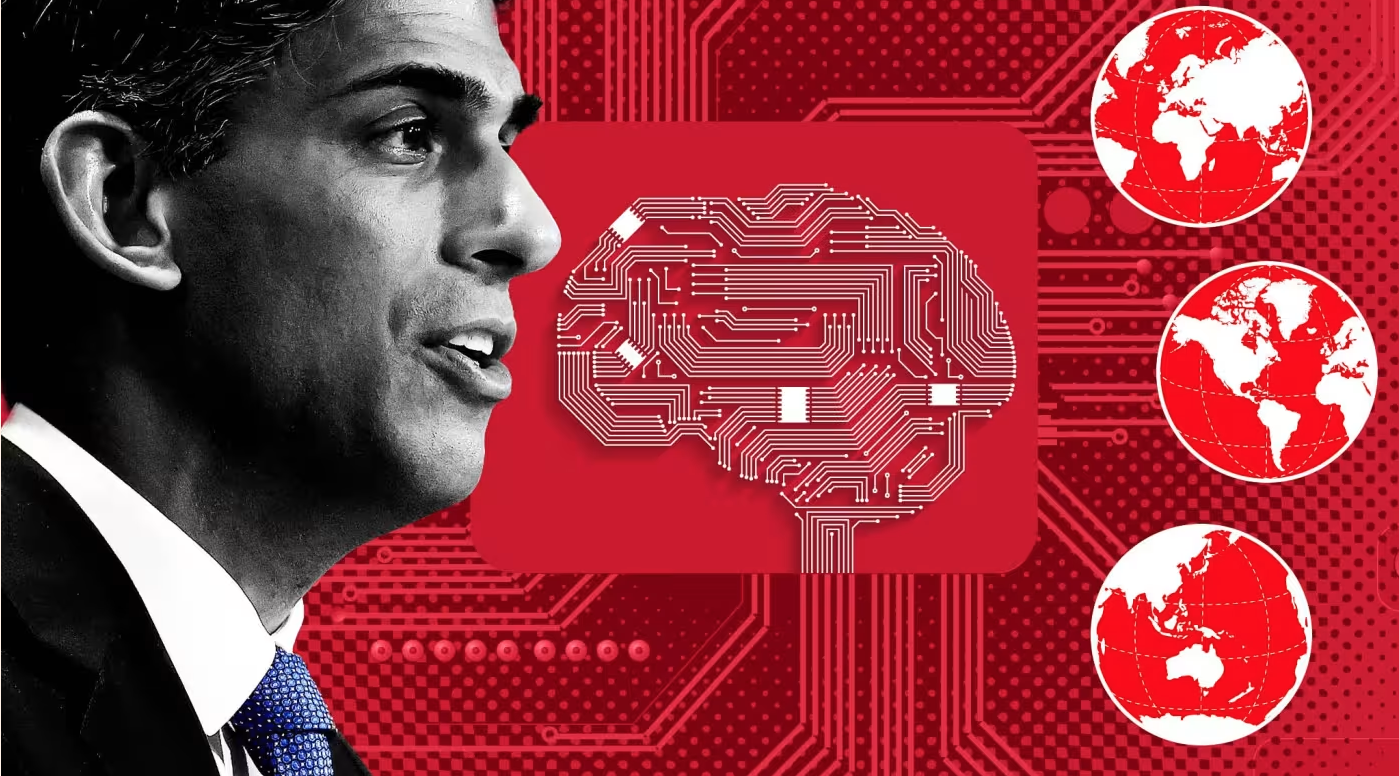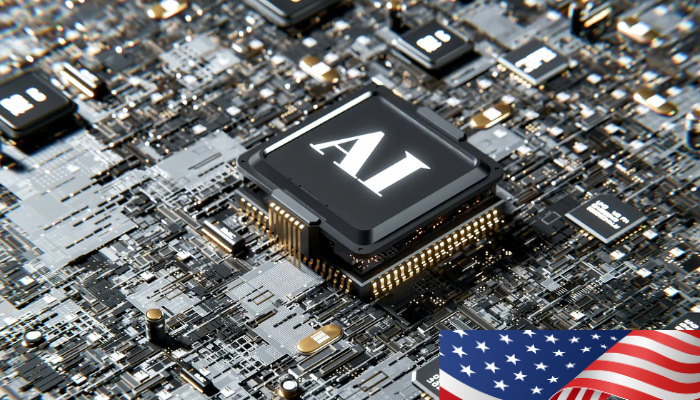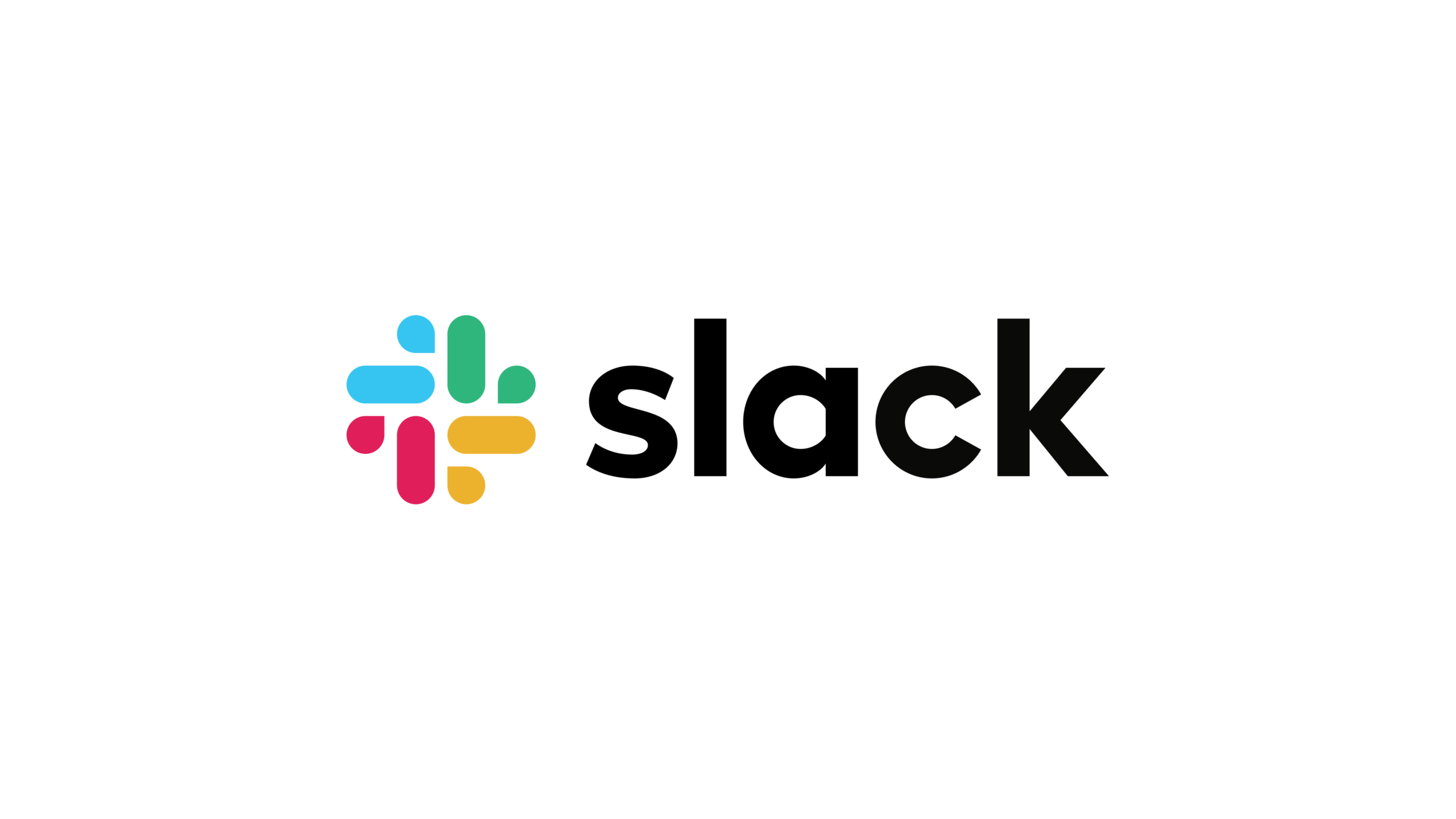Tech partnerships evolve as OpenAI prepares to transition for-profit arm into public benefit corporation
Microsoft and OpenAI announced Thursday that they have reached a preliminary agreement that would allow the ChatGPT maker to restructure its for-profit operations while maintaining their strategic partnership, marking a significant shift in one of the technology industry’s most consequential relationships.
The two companies signed a non-binding memorandum of understanding (MOU) that addresses the complex corporate structure issues that have long surrounded OpenAI’s rapid transformation from a research nonprofit into a commercial AI powerhouse valued at over $150 billion.
Restructuring Details
Under the proposed arrangement, OpenAI’s existing nonprofit entity would control a public benefit corporation through a $100 billion stake in that corporation and holding authority over its decisions, according to a memo from Bret Taylor, chairman of OpenAI’s current nonprofit board.
The restructuring would transform OpenAI’s for-profit arm into a public benefit corporation (PBC), a legal structure designed to balance commercial success with a mission-driven purpose. This hybrid model allows companies to pursue profits while being legally bound to consider broader social and environmental impacts in their decision-making.
The planned changes will give the existing OpenAI nonprofit control over the new public benefit corporation, and would provide the nonprofit with an equity stake that would make it “one of the most well-resourced philanthropic organizations” in the world, according to Bloomberg’s reporting.
Partnership Implications
The agreement represents a careful balancing act between OpenAI’s need for corporate flexibility and Microsoft’s desire to maintain its privileged position as the AI company’s primary cloud computing partner and strategic ally. Microsoft has invested approximately $13 billion in OpenAI since 2019 and has integrated OpenAI’s technology across its product suite, from Office applications to its Azure cloud platform.
“We are actively working to finalize contractual terms in a definitive agreement,” the companies said in their joint statement. “Together, we remain focused on delivering the best AI tools for everyone, grounded in our shared commitment to safety.”
Broader Context
The restructuring comes as OpenAI continues to expand its business relationships beyond Microsoft. OpenAI recently signed a contract to spend $300 billion with cloud provider Oracle over a five-year period starting in 2027, and has also partnered with Japanese conglomerate SoftBank on its Stargate data center project.
These diversification efforts had created tension in the Microsoft-OpenAI relationship, as the software giant sought to maintain its exclusive cloud computing arrangement with the AI company. The new agreement appears designed to address these concerns while giving OpenAI greater operational flexibility.
Philanthropic Commitment
As part of the restructuring, OpenAI’s nonprofit recently launched a $50 million grant program for community groups, an early signal of how it intends to use its newfound resources for public impact.
The substantial equity stake that the nonprofit would maintain in the restructured company could position it as one of the world’s largest philanthropic entities, potentially rivaling established foundations in terms of resources available for charitable activities.
Industry Significance
The agreement resolves a key uncertainty that has hung over the AI industry’s most influential partnership. OpenAI’s meteoric rise as the creator of ChatGPT and other leading AI models has made it a central player in the ongoing artificial intelligence boom, while Microsoft’s investment and cloud infrastructure have been crucial to OpenAI’s ability to scale its operations.
OpenAI’s meteoric rise as the tech industry’s AI standard-bearer has always been shadowed by questions about its complex corporate structure, which combined nonprofit governance with for-profit operations in an arrangement that became increasingly strained as the company’s valuation soared.
Next Steps
While the memorandum of understanding is non-binding, both companies indicated they are working toward finalizing definitive agreements. The restructuring would still need approval from relevant regulatory authorities and OpenAI’s current governance structure.
The agreement represents a pragmatic solution to what had become an increasingly complex relationship as OpenAI evolved from an AI research organization into a commercial entity competing directly with some of Microsoft’s other technology partners and products.
Industry observers will be watching closely to see how the restructuring affects OpenAI’s operations, its relationships with other technology partners, and its commitment to its original nonprofit mission of ensuring artificial intelligence benefits humanity broadly rather than concentrating power in the hands of a few corporations.
This is a developing story and will be updated as more information becomes available.




